Senegal
Recent riots in Senegal have caused the government to crack down on the country's media, with journalists left struggling in the face of violence and threats.
Walf TV has been left in limbo in recent weeks since it was suspended for thirty days on June 1. The private channel is a fierce critic of the Senegalese government which has blamed them for "broadcasting violent images involving minors, accompanied by subversive and hateful comments that undermine the stability of the state" during the recent riots.
"Every time there is tension in this country, the political authorities blame Walfadjri," says Moustapha Diop, director of Walf TV and Radio. "Because when there are violent demonstrations in Senegal, we're doing local news, we're doing general news. If there are events like that, I don't see why Walfadjri should say that we're not doing a special edition, that we're not doing a live broadcast."
Senegal fell 31 places in the latest Reporters Without Borders ranking due to the prosecution of journalists Pape Alé Niang and Pape Ndiaye and the general deterioration in press freedoms.
Unfounded attacks
Another victim of the government's attack on the media is the Futurs Médias group which has found itself caught between the government and opposition. In March 2021, the group's head office was violently attacked by rioters because of the proximity of its owner, singer Youssou Ndour, to the government.
The Centre for Information Science and Technology Studies in Dakar (Cesti) also fell victim to the rioters at the beginning of June, when vehicles belonging to the Centre were set on fire.
"There are unjustified and unfounded attacks and we have to deal with the situation," says El Hadji Ndiogou Diene, journalist with RFM. "Sometimes it even makes us mentally ill because we tell ourselves every time they attack us, maybe something will happen."
Excesses within the press
The increase in abuses against journalists are a huge blow to freedom of expression. However, the press is not exempt from reproach.
"There are a lot of excesses on our side too (...)," says Ibrahima Lissa Faye, a member of the Press Association. "That's why we put safeguards in the Press Code. We need to be able to identify the media companies and see who's really doing journalism, so that those who are doing something else can go elsewhere and do what they want elsewhere."
The Ministry of Communications did not respond to Africanews' interview requests.




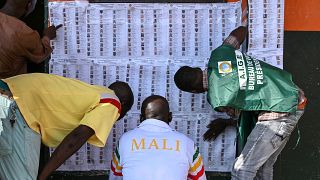

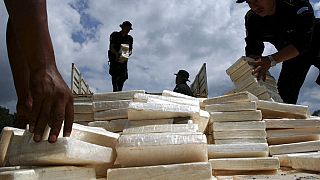
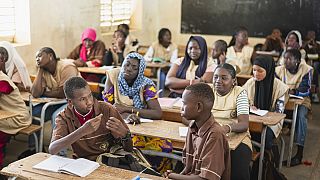
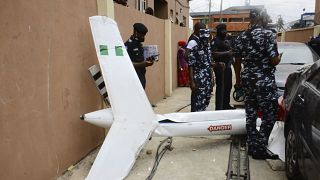
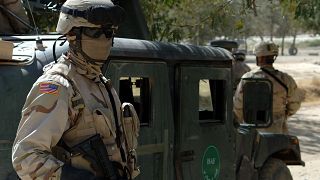
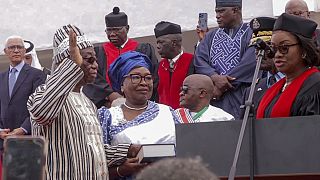
01:03
Campaigning in Togo ends Sunday ahead of legislative and regional elections
Go to video
Burkina Faso Suspends BBC and Voice of America
02:00
Togo: Expectations are high for Monday's legislative polls despite controversy
Go to video
5 African countries with the highest Schengen visa rejection rates
Go to video
Tunisian journalist sentenced to 6 months in prison for insulting an official
Go to video
How South Africa's former leader Zuma turned on his allies and became a surprise election foe